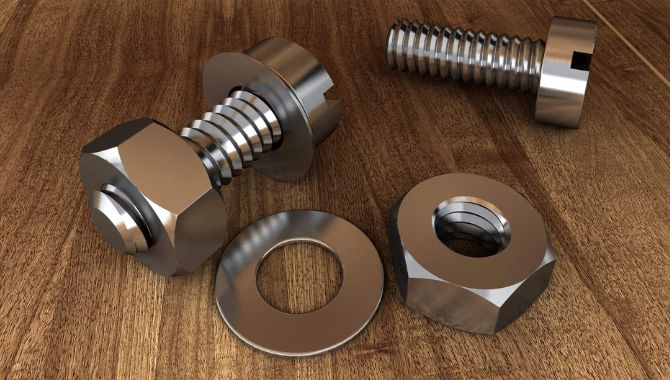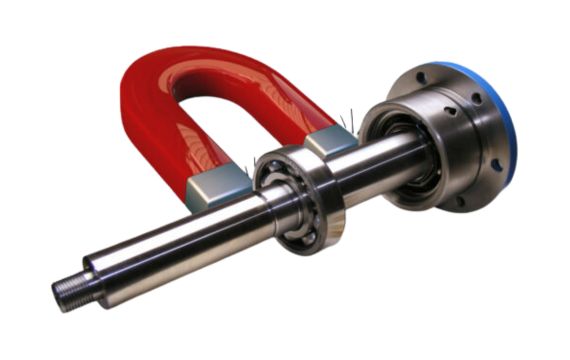Is steel magnetic or non-magnetic, Steel: Absolutely yes, it’s magnetic.
Iron and carbon make up the majority of ordinary alloy steel. Depending on how it is made and processed, it can display a wide range of magnetic properties. Ferromagnetic, or magnetized, steel exists.
Magnetic Properties of Steel
- Steel is very ductile and strong.
- Steel is more resistant to corrosion.
- A material’s high iron content leads to ferromagnetic characteristics.
- The carbon content of steel affects its magnetic permeability as well. Steel that has a high carbon content may be highly magnetized.
- Steel has a high saturation magnetization due to its iron component, but when the nickel level rises, it falls.
- When a magnet is present, the steel’s magnetic domains align; however, this alignment may be lost at a specific temperature known as the Curie point.


Applications of Magnetic Steel
- Electromagnets and Transformers
- Electromagnets
- Transformers
- Automotive Industry
- ABS brake systems
- Crankshaft position sensors
- Consumer Electronics
- Speakers
- Hard drives
Types of Magnetic Materials


Diamagnetic – The term “diamagnetic” refers to materials that are not magnetic.
Paramagnetic – Paramagnetic materials are those that become weakly magnetized when they come into contact with an external magnetic field.
Ferromagnetic – Ferromagnetic materials are those that can become significantly magnetized and hold onto that magnetism for a set period of time when exposed to an external magnetic field.
Ferrimagnetic – When exposed to an external magnetic field, ferrimagnetic materials undergo a minor magnetic phase change. This created magnetic cannot withstand them for very long.
Antiferromagnetic – Permanent magnets usually do not use antiferromagnetic materials, although they are useful in some other technologies.
Magnetic and Non-Magnetic Metals

- Galvanized Steel
- Hot-rolled Steel
- Cold-rolled Steel
- Ferritic Stainless Steel
- Martensitic Stainless Steel
- Cast Iron
- Wrought Iron
Steel Is Magnetic for What Reason?
When the crystal structure of steel aligns with an external magnetic field, steel turns magnetic.
Steel has an overall magnetic property due to the alignment of the iron atoms, which produces a magnetic domain.
Is Magnetism Possible for All Kinds of Steel?
Austenite stainless steel is non-magnetic, however ferromagnetic materials, such as carbon steel, can be magnetized.
How Can I Recognize Steel that is Magnetic?
You can test the magnetic properties of a steel component with a powerful magnet.
It has ferromagnetic elements if the magnet attracts it.
Does Using Magnetic Steel Pose Any Health Risks?
Steel does not produce magnetic fields that are strong enough to be harmful to human health in the majority of uses.
When Magnets Come into Contact with Steel, Do they Lose their Magnetism?
Permanent magnets usually do not become demagnetized when they come into temporary contact with steel.
But a lot of heat can weaken their magnetic field.
Is the Magnetic Property of Steel Permanent?
No, steel’s magnetic characteristics cannot be affected by outside variables like temperature or mechanical stress.
Does the Form of Steel Impact its Magnetism?
The magnetic behavior of a steel item can be affected by its size and shape because of differences in domain alignment.




